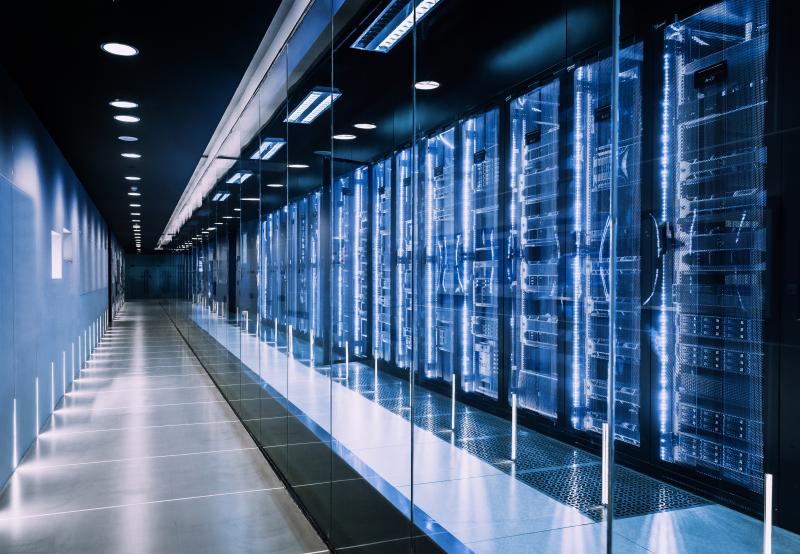
With the year well underway, the key trends shaping the global security landscape have already been laid out. As a chief security officer or security director, these are the five priorities that are hard to ignore in 2024.
1. Security and AI: A Symbiotic Reality
Artificial intelligence has ushered in a new era across all fields, including security. To fully understand how man and machine can work together, it's essential to recognize that one can't exist without the other. The relationship is symbiotic; while AI vastly improves human productivity, the best uses of the technology require human verification, especially when it comes to security.
It all works together, whether it’s:
- Reducing false alarms across larger terrains
- Enabling staff to perform more efficiently by decreasing human error with success rates of up to 98%
- Analyzing input in multiple languages across different time zones to identify threats
- Or facilitating incident reports
Artificial intelligence contributes to better risk management and can help to predict events that would have been difficult to anticipate just a few years ago. New technologies feed off each other to enhance your security posture. If you're interested in the subject, this panel goes into detail on how AI is being used in security.
2. Global Events Impacting your Business – No Matter Where You Are
Whether it's the conflict between Israel and Hamas, the war in Ukraine, or elections taking place around the globe in 2024, it's crucial to understand how these events will impact your corporate security.
From a supply chain perspective, these events can influence a company's security and efficiency, which is why it’s important to keep an eye on your company’s infrastructure, suppliers, and shipping routes. For instance, how do ongoing attacks in the Red Sea impact your supply chain? Tensions between China and the Philippines in the South China Sea will also have global repercussions.
Moreover, global polarization is becoming more and more divergent. Recent European election results have demonstrated a regional trend towards populism that has the potential of shifting the power dynamics at the European Union. Meanwhile, elections in Taiwan and overall developments in Southeast Asia could also have a ripple effect on the global economy.
Finally, pressure is mounting worldwide due to climate change. Anticipating the impact of these changes on demand, particularly for commodities, should also figure into security considerations.
To stay abreast of these events, Crisis24's ongoing webinar series provides the latest developments to be aware of.
3. Civil Unrest: Having an Action Plan in Place
Duty of care obligations don't stop when an employee leaves the office. In recent years, we have learnt that it’s essential to develop the right safety reflexes when events go awry. With protests occurring on a regular basis in major city centers across the globe, it’s extremely valuable to train your employees on how they can protect themselves with safety tips and to have a contingency plan should your business be directly affected.
4. The Internet of Things: Increased Vulnerabilities and Surveillance Solutions
The growing adoption of emerging, connected technologies – the Internet of things (IoT) – in our working environments requires constant security assessments to avoid vulnerabilities. As more and more everyday objects are connected with one another, it’s necessary to keep up with new tech updates and capabilities to understand any risk they may pose to your organization.
Some connected objects, however, such as drones, robots, and surveillance towers, can minimize risks and improve your organizations surveillance systems. Mobile surveillance units (MSUs) are particularly effective for monitoring vast areas and blind spots. These tools work within your security ecosystem to help your business be at the forefront of innovation and to improve competitiveness.
5. Hybrid: A New Business Model
Whether it’s where we work or in the technologies that we use, the hybrid business model has become the norm. Today, we’re past the adoption phase and have moved on to questions of efficiency. For example, it may be time to review security resources in function of a more stable in-person work schedule.
In security, we use hybrid terminology to indicate when the use of technology – and in particular AI – can help establish a more efficient use of resources. There are several benefits to adopting a hybrid security model. These benefits include greater visibility in vast areas, a more effective use of man guard hours, and lower operating costs.








